Last year, we reported on Sandoz’ victory in its appeal regarding the validity of two of Bayer’s Australian Xarelto® (rivaroxaban) patents…


Last year, we reported on Sandoz’ victory in its appeal regarding the validity of two of Bayer’s Australian Xarelto® (rivaroxaban) patents…

In October 2024, Delegate C. Mitchell of the Australian Patent Office upheld a decision to reject AFT Pharmaceuticals’ (AFT) drug combination patent applications – AU2022201576 (’576) and its divisional child
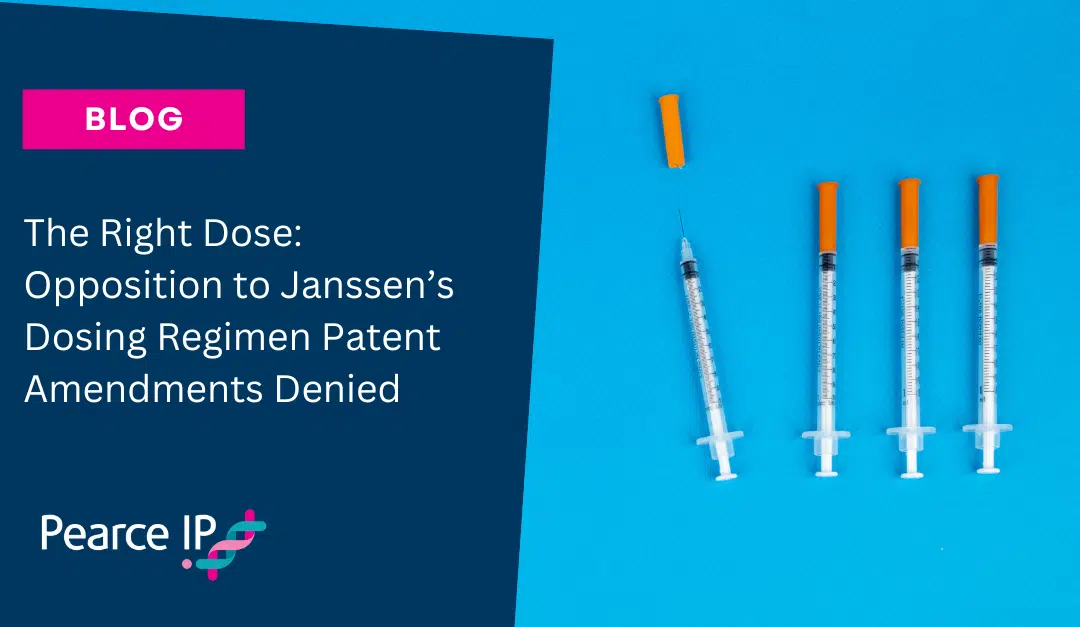
In a split 3:2 decision, Gordon A-CJ, Edelman and Steward JJ of the High Court (the Majority) has dismissed the Commonwealth’s appeal in which the Commonwealth sought to overturn the decision of Justice Nicholas

In October 2024, Delegate C. Mitchell of the Australian Patent Office upheld a decision to reject AFT Pharmaceuticals’ (AFT) drug combination patent applications – AU2022201576 (’576) and its divisional child
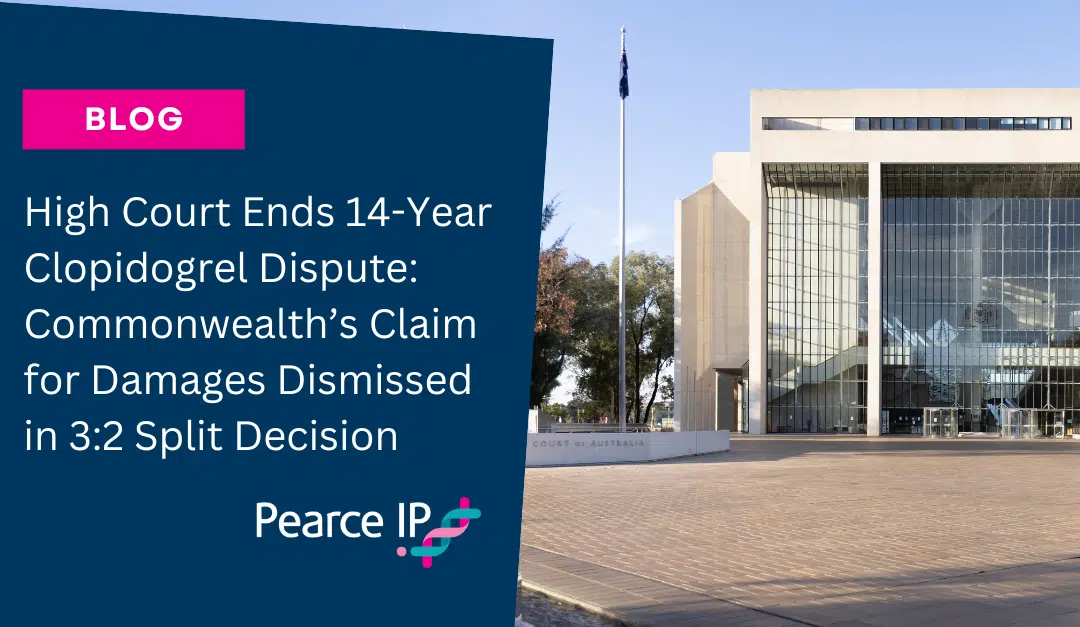
In a split 3:2 decision, Gordon A-CJ, Edelman and Steward JJ of the High Court (the Majority) has dismissed the Commonwealth’s appeal in which the Commonwealth sought to overturn the decision of Justice Nicholas

Justice Jackman of the Federal Court has refused to grant Virbac (Australia) Pty Ltd (Virbac) an interlocutory injunction to restrain Abbey Laboratories Pty Ltd (Abbey) from launching a generic version of Virbac’s Cydectic Platinum, used to treat and control parasites in beef and dairy cattle. Justice Jackman’s decision confirms the importance of not delaying when seeking injunctive relief, while also highlighting the relative difficulties faced by each party to quantify its potential losses.
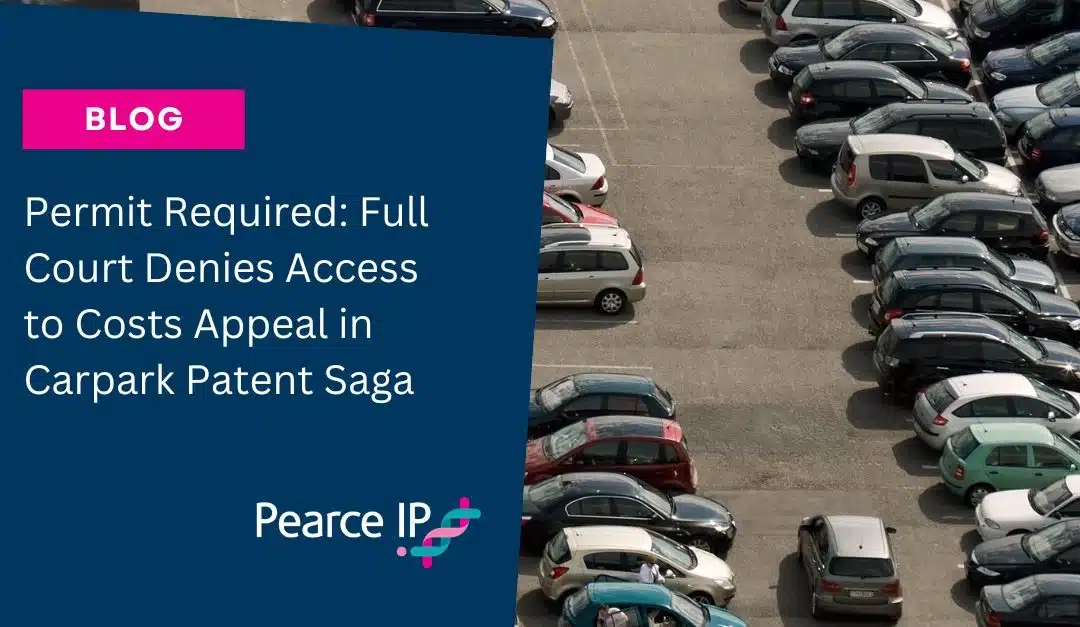
The Full Federal Court has refused leave to appeal from costs orders made following the successful appeal in the long-running dispute between Vehicle Monitoring Systems (VMS), and SARB Management Group (SARB) and the City of Melbourne (CoM), over parking sensor technology.
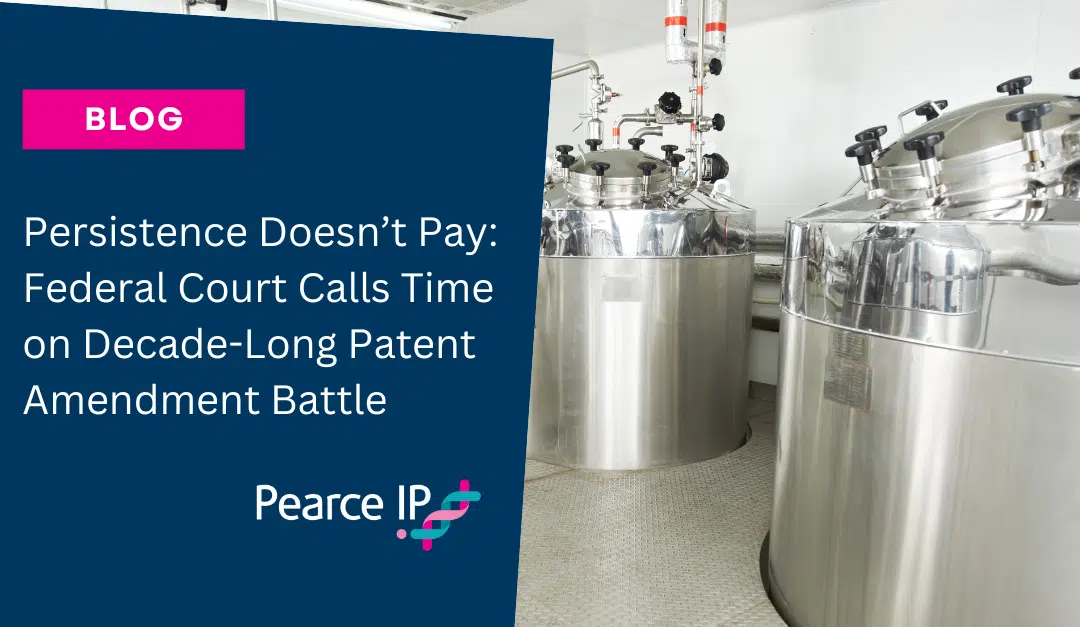
In a comprehensive Federal Court judgment, Justice Perram has ruled that pharmaceutical formulations can constitute a “pharmaceutical substance per se” under the Patents Act 1990 (Cth), dismissing Cipla’s

In a comprehensive Federal Court judgment, Justice Perram has ruled that pharmaceutical formulations can constitute a “pharmaceutical substance per se” under the Patents Act 1990 (Cth), dismissing Cipla’s

The Full Court of the Federal Court of Australia has dismissed Zoetis Services LLC’s (Zoetis) appeal against Justice Rofe’s two decisions upholding Boehringer Ingelheim Animal Health USA’s (Boehringer) opposition to the grant of three patent applications relating to pig vaccines. We reported on Justice Downes’ two decisions

In a recent development in the ongoing patent dispute between EIS GmbH (EIS) and LELO Oceania Pty LTD and LELOiAB (LELO), Justice Downes of the Federal Court has ruled on the participation of an expert witness

In a recent Federal Court decision, Justice Rofe has dismissed an appeal by Dei Gratia Pty Ltd (Dei Gratia) against the Commissioner of Patents’ (the Commissioner) refusal to grant its patent application…

Justice Burley has handed down a decision in a long-running dispute between Otsuka Pharmaceutical Co., Ltd (Otsuka) and Generic Health Pty Ltd (Generic Health), refusing to grant a stay of proceedings pending the delivery of judgment by the High Court in Commonwealth of Australia v Sanofi & Ors (Sanofi).

On 19 September 2024, the Federal Court of Australia delivered judgment ordering Medtronic Australasia Pty Ltd (Medtronic) to pay $22 million in penalties following proceedings bought by the Department of Health in August 2021…
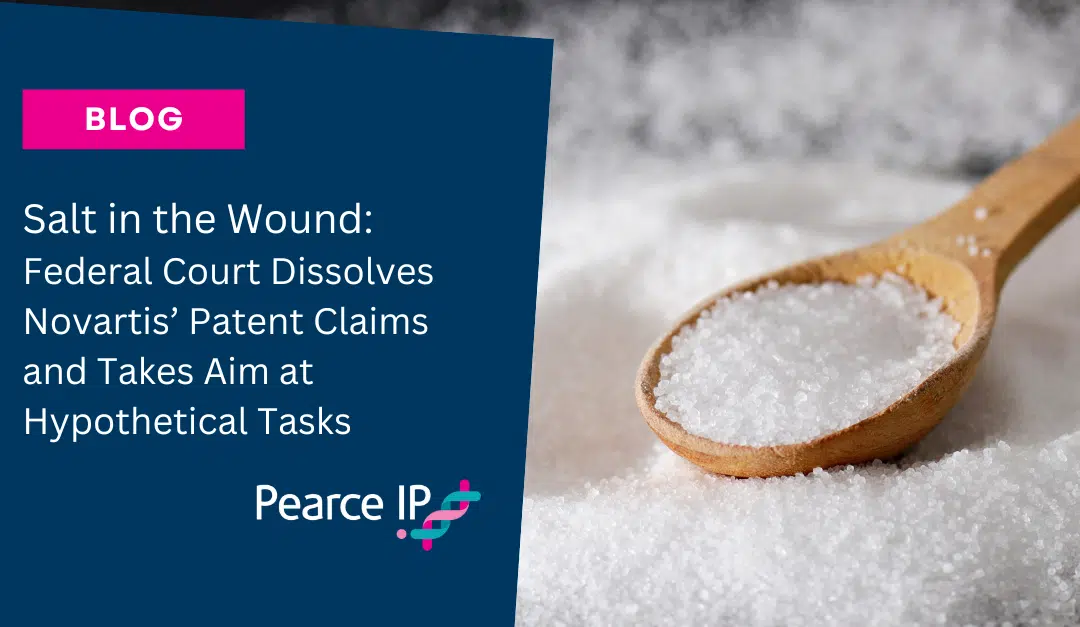
On 13 November 2024, Justice Yates of the Federal Court of Australia delivered his decision in the dispute between Novartis AG and Novartis Pharmaceuticals Australia Pty Limited (together, Novartis) and Pharmacor Pty Limited (Pharmacor) regarding patent AU2003206738 entitled “Pharmaceutical compositions comprising valsartan and NEP inhibitors” (the Patent).

Justice Jackman has delivered the latest decision in the long-running dispute between Lundbeck and Sandoz regarding Lundbeck’s Australian Patent AU1989036295 for the “(+)-enantiomer of citalopram and process for the preparation thereof”.